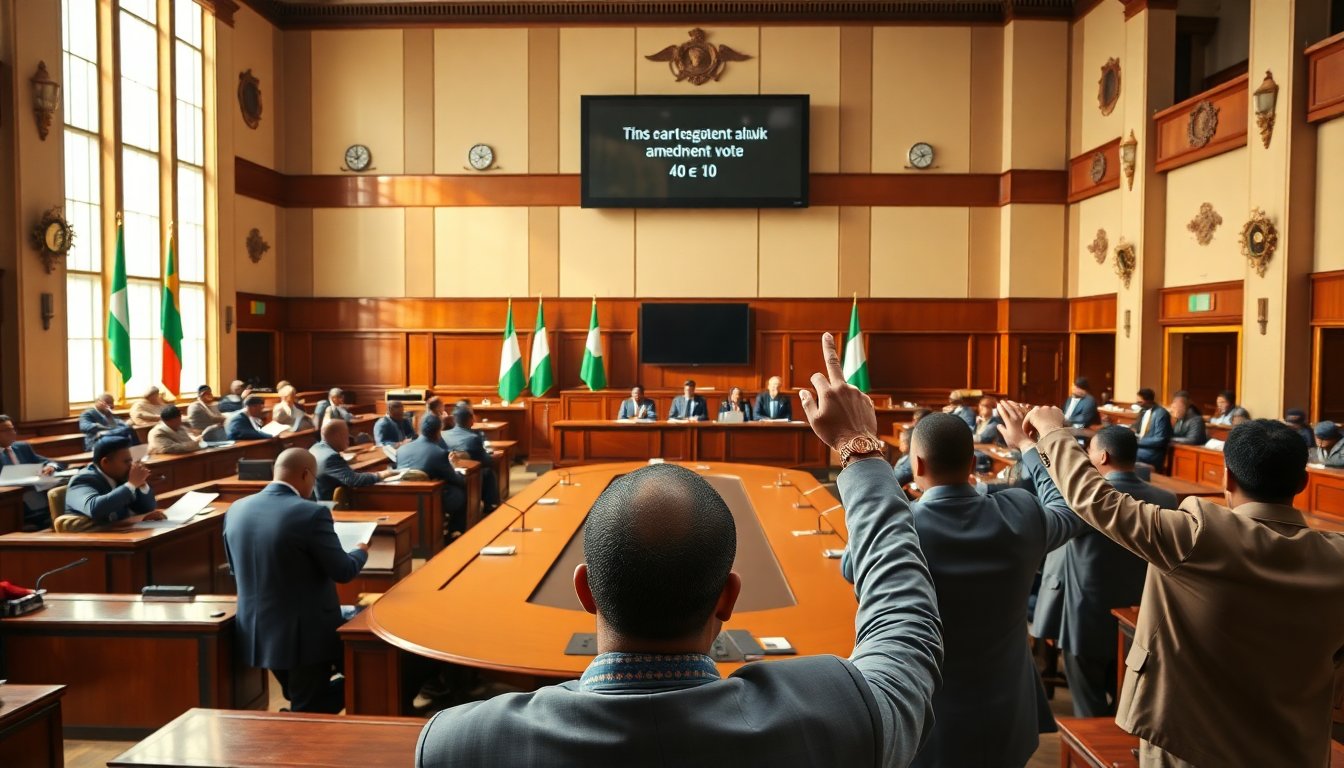Table of Contents
In a notable political move, Djibouti’s legislature has voted to remove the constitutional age limit for presidential candidates. This change may enable Ismail Omar Guelleh, or IOG, to seek a sixth term in office. The decision was made by parliament on Sunday, with all 65 lawmakers present voting in favor of lifting the previous age restriction of 75 years.
The passage of this amendment means that Guelleh, now 77, could enter the upcoming elections scheduled for April 2026. However, this legislative change requires the endorsement of the president or may be subject to a national referendum, as per Djibouti’s constitutional procedures.
Understanding the implications of the age limit removal
The recent decision marks a significant moment in the political landscape of Djibouti, where President Ismail Omar Guelleh has held power since 1999. Guelleh ascended to the presidency after serving as chief of staff under the nation’s founding leader, Hassan Gouled Aptidon. In 2010, Guelleh instituted an age limit and implemented reforms that eliminated presidential term limits, while shortening the term length from six to five years.
In support of the amendment, Dileita Mohamed Dileita, Speaker of the National Assembly, highlighted its importance for national stability, particularly in a region experiencing significant unrest. He stated that public backing for the amendment exceeds 80 percent; however, this claim has not been independently verified.
Concerns over democratic principles
Critics of the constitutional change, including human rights advocates, argue that this move signals President Guelleh’s intent to consolidate his power indefinitely. Omar Ali Ewado, the head of the Djiboutian League for Human Rights, stated that this amendment could pave the way for a presidency for life. He and others are advocating for a peaceful transition toward a more democratic governance structure.
Echoing these concerns, Daher Ahmed Farah from the Movement for Democratic Renewal and Development urged international observers to reevaluate their engagement with Djibouti. He emphasized that while the nation holds strategic significance due to its geopolitical position, the emphasis should be on the welfare of the Djiboutian people rather than on a single leader.
Guelleh’s political legacy and future prospects
Guelleh’s political career is significant; he was re-elected with 97 percent of the vote. This outcome largely stemmed from the opposition’s decision to boycott the election. The incident elicited varied responses from the international community. While the United States acknowledged the election results, it also urged Djibouti to strengthen its democratic processes, as recommended by election observer missions.
Guelleh is now East Africa’s third-longest-serving leader, following Yoweri Museveni of Uganda and Isaias Afwerki of Eritrea. Despite Djibouti’s modest population of about one million, the country holds strategic importance in global geopolitics. It hosts military bases from the United States, France, China, and other nations.
The strategic significance of Djibouti
Djibouti’s strategic importance in international shipping
Strategically located at the entrance of the Red Sea, near the Bab al-Mandab Strait, Djibouti serves as a vital corridor for international shipping between Asia and Europe. The country’s geopolitical significance has facilitated relative stability, particularly as neighboring nations confront escalating crises, including civil unrest in Sudan and ongoing fragmentation in Somalia.
Recent legislative changes and political implications
The recent legislative changes in Djibouti introduce a complex dynamic to the country’s political framework. These developments may allow President Ismail Omar Guelleh to extend his rule. As Djibouti prepares for upcoming elections, the impacts of these decisions are likely to resonate throughout the region and beyond.


